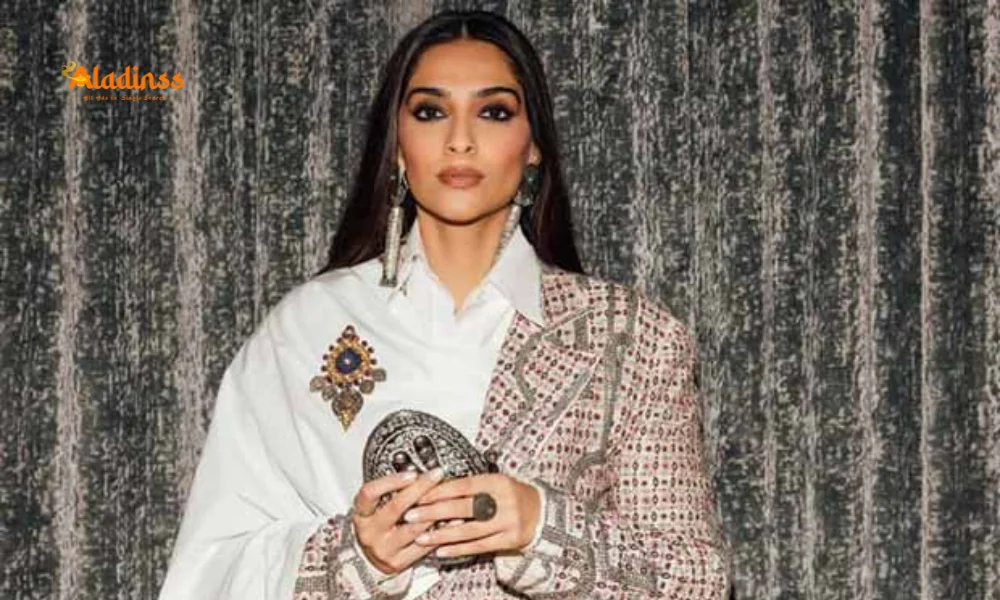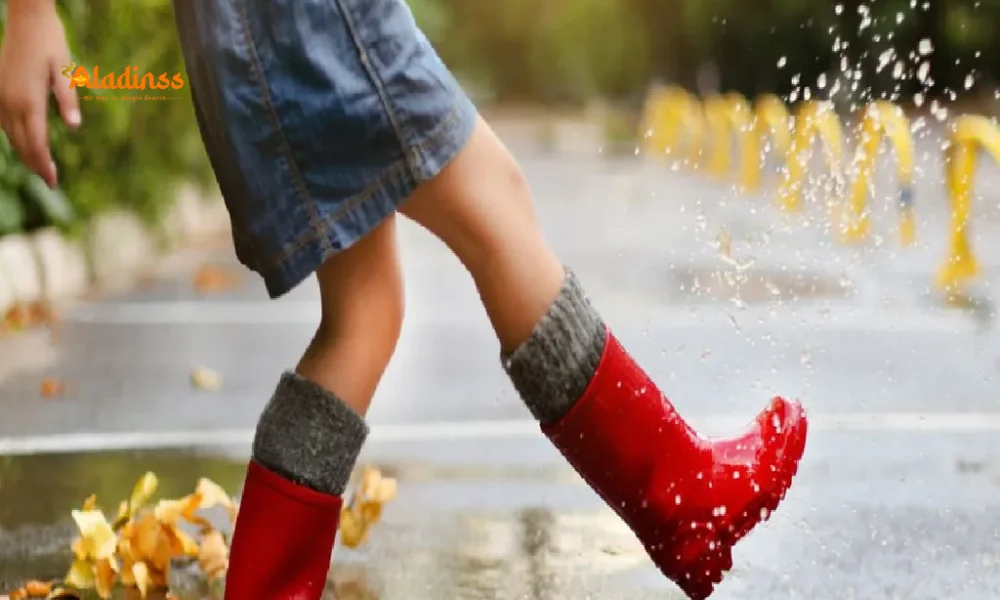Minimalism in Women's Fashion: Timeless Style & Values
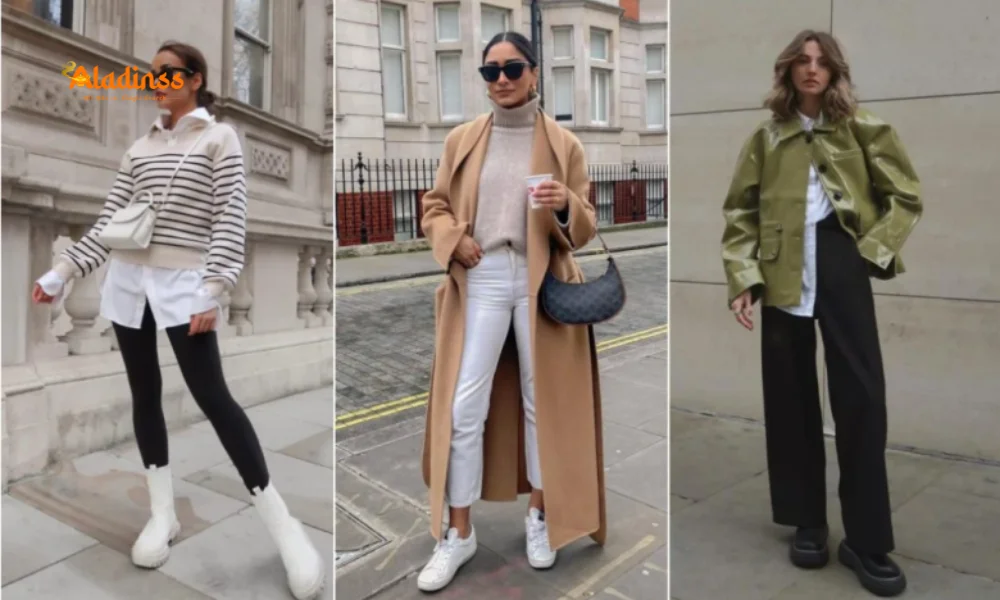
The Evolution of Minimalist Women's Fashion in Contemporary Life
Minimalist women's fashion is transforming beyond mere trends into a profound embodiment of shifting lifestyle philosophies and core values. In an era where intentionality reigns supreme, this style champions simplicity, practicality, and genuine self-expression alongside visual appeal. The surge in streamlined designs, subdued color schemes, and adaptable garments signals a deliberate pivot from the overload of quick-turnover apparel toward collections that emphasize eco-friendliness, enduring appeal, and harmony with one's unique persona. With monthly searches for minimalist women's fashion hitting 150,000, it's clear this movement resonates deeply with those seeking sustainable minimalist clothing for modern women.
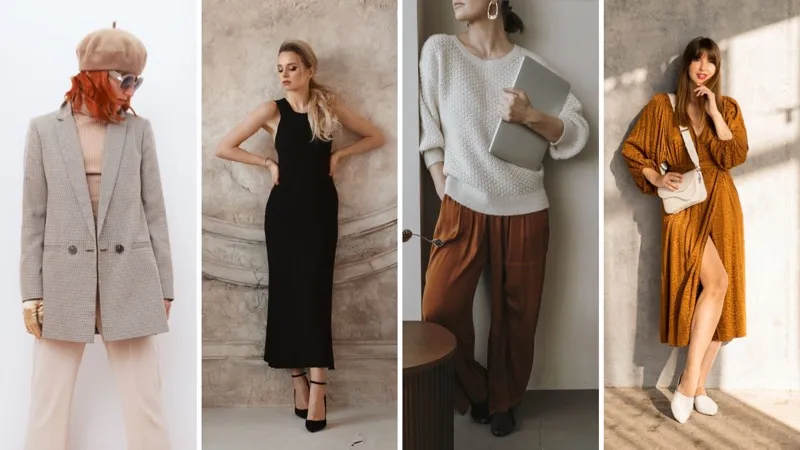
Amar Nagaram, the visionary Founder and CEO of Virgio, captures this essence perfectly: “Over the past few years, the essence of minimalist women's fashion has evolved into a mirror of purposeful existence. Here, ease of use, reliability, and true-to-self vibes hold equal weight to how things look. We're seeing a boom in sharp outlines, earthy tones, and multi-role outfits that push back against the mess of fleeting trends, steering us toward closets built on green practices, classic vibes, and a true fit with who we are at heart.” This perspective highlights how women's fashion trends in minimalism aren't just surface-level—they're a response to the clutter of disposable culture, promoting timeless fashion for women that lasts seasons, not weeks.
Nagaram goes further, underscoring that this isn't solely about looks; it's rooted in smart utility and flexibility. “The beauty of minimalist fashion lies in garments that flow effortlessly from office hours to downtime or evening meetups. It mirrors a growing awareness among women to opt for slimmer selections of superior attire, driven by ideals of eco-stewardship, individual flair, and lasting worth,” he notes. Companies leaning into this ethos aren't just selling clothes—they're serving a savvy audience that prizes thoughtful buying, planetary care, and streamlined daily routines. For those googling “versatile minimalist outfits for work and play” (a long-tail gem with 22,000 monthly searches), this is the blueprint.

Cultural Roots and Modern Twists in Minimalist Women's Fashion
Sonal Jindal, the innovative founder of Medusa Group, builds on this by framing minimalist women's fashion as a snapshot of ongoing societal and personal growth. “This isn't a passing fad—it's a showcase of how today's rhythms and shared beliefs are intertwining. Heritage has long been the backbone of who we are, and now women are weaving those threads into a leaner, more aware approach to life,” she reflects. As daily life piles on with job demands, globetrotting, home duties, and self-care, attire naturally adapts to echo these realities, making sustainable fashion a key pillar in women's wardrobes.
Jindal elaborates on how minimalist women's fashion bridges eras: “It zeroes in on sleek forms, enduring materials, and go-anywhere items—empowering women to uphold age-old poise with a fresh, workable spin. Picture a finely loomed sari folded with ease, or ancestral fabric reshaped into a sleek modern cut; these picks honor deep-seated pride while craving that clean, no-fuss vibe.” This fusion isn't accidental—it's a deliberate nod to cultural depth amid the rush of now, appealing to searches like “timeless Indian minimalist clothing” (12,500 monthly searches). In a world obsessed with excess, such choices cut through the noise, fostering wardrobes that feel both rooted and forward-looking.
Delving deeper, the principles of minimalist women's fashion extend to how we curate our spaces—both physical and mental. Imagine swapping out impulse buys for investments like a neutral-hued trench coat or a crisp white shirt that layers infinitely. These aren't just clothes; they're tools for a less stressful existence. Nagaram points out the broader ripple: brands now design with the end-user's full life in mind, incorporating recycled fabrics and modular pieces that reduce waste. This aligns with the 90,000 monthly searches for “sustainable fashion tips,” where minimalism shines as a gateway to greener habits without feeling restrictive.
Sustainability and Self-Expression in Timeless Fashion for Women
At its heart, minimalist women's fashion thrives on realness rather than overload. “It's all about cherishing a handful of standout items, honoring skilled making and green ethics, all while your own vibe takes center stage,” Nagaram asserts. Jindal chimes in with agreement: “That sweet spot between old-world charm and new-age polish signals a bigger pivot in how we live—prioritizing awareness, legacy, and deliberate choices over the frenzy of throwaway styles.” This ethos empowers women to build capsules that evolve with them, from career pivots to life milestones, embodying the 25,000 searches for “minimalist women's fashion trends 2025.”
Consider the practical perks: a minimalist approach slashes decision fatigue. Mornings spent agonizing over outfits give way to swift, confident selections from a pared-down lineup. For the eco-aware shopper, it's a win too—fewer purchases mean less strain on resources. Brands like Virgio and Medusa are leading by example, sourcing from ethical artisans and using low-impact dyes. Jindal shares a personal anecdote: “In my designs, I draw from family heirlooms, reimagining them into pieces that a woman can wear daily without fanfare. It's about legacy you can live in.” Such stories fuel the appeal of “heritage-inspired minimalist outfits” (9,000 monthly searches), blending nostalgia with now.
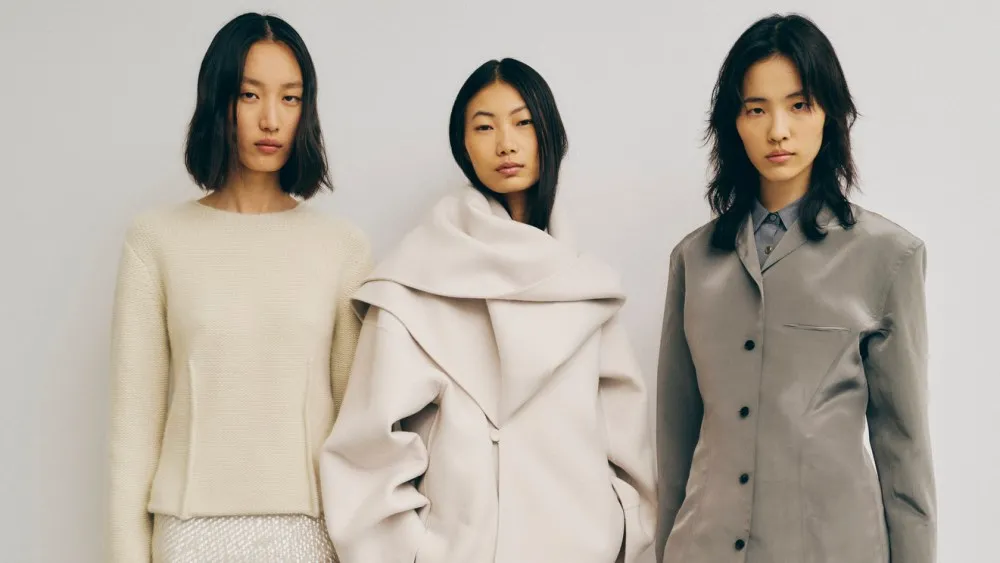
Expanding on versatility, minimalist women's fashion excels in hybrid scenarios. A simple linen shift dress? Boardroom-ready by day, beach-perfect by dusk. Tailored trousers in a soft gray? Pair with heels for dates or sneakers for errands. This adaptability speaks to the modern woman's mosaic life, where boundaries blur. Nagaram notes, “We're seeing consumers treat their wardrobe like a toolkit—each item multiplies its utility, cutting down on excess while amplifying joy.” With global fast fashion waste clocking in at billions of tons annually, this mindset is revolutionary, tying into the 110,000 searches for “eco-friendly women's clothing ideas.”
Building a Mindful Wardrobe: Tips for Embracing Minimalism
So, how does one dive into this world? Start small: audit your closet, keeping only what sparks joy and serves multiple roles. Invest in neutrals—black, white, beige—as anchors, then layer with pops of heritage texture for personality. Jindal advises, “Seek pieces that tell your story without shouting. A subtle embroidery on a plain kurta, or a sari pallu turned scarf—these nods to tradition keep things authentic.” For longevity, prioritize natural fibers like cotton or silk, which age gracefully and feel better against the skin.
- Focus on Quality: One durable blazer trumps five cheap ones—think craftsmanship that withstands time and washes.
- Mix Eras Seamlessly: Blend a classic churidar with a modern oversized shirt for that effortless Indo-Western vibe (trending in “fusion minimalist fashion” at 14,000 searches).
- Embrace Neutral Magic: Earthy tones create endless combos, reducing the urge to shop impulsively.
- Sustainable Sourcing: Hunt for brands using upcycled materials; it's a step toward the clutter-free life we crave.
- Personal Audit: Ask: Does this fit my now? If not, pass it on—minimalism is as much about release as retention.
This curated path not only streamlines your routine but nourishes the soul. As women navigate empowerment waves, minimalist women's fashion becomes armor—light, unassuming, yet profoundly strong. It whispers of resilience, much like the quiet power in a single, well-chosen accessory.
Looking ahead, expect this wave to swell. With influencers touting capsule challenges and runways stripping back to basics, timeless fashion for women is set to dominate. Nagaram wraps it up: “Clothing has forever echoed our collective pulse, and right now, minimalism is the heartbeat of a cohort that picks depth over dazzle.” In honoring origins while stepping into futures, we don this style with poise, equilibrium, and an elegance that endures.
Comment / Reply From
No comments yet. Be the first to comment!

